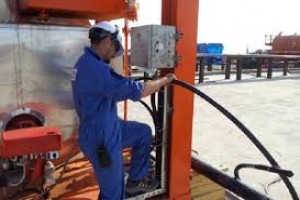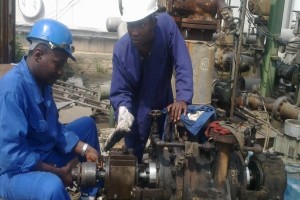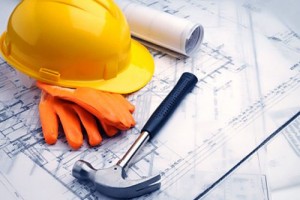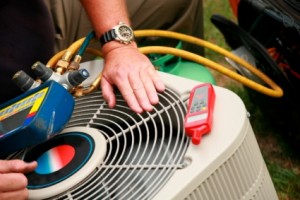Description
Date
1st Batch: 10th – 12th Feb, 2025
2nd Batch: 5th – 7th May, 2025
3rd Batch: 17th – 19th July, 2025
4th Batch: 16th – 18th Oct, 2025
Event Details
This course provides a complete and up-to-date overview of the process control, instrumentation and troubleshooting techniques used to solve process problems. It will provide participants with the knowledge and skills needed to troubleshoot and solve various problems encountered when working with instrumentation and controls systems.
CONTENT
Instrument terminology
-
- Span
- Range
- Sensitivity
- Accuracy
- Resolution
- Turn down ratio
- Zero suppression
- Elevation
Measuring process parameters
-
- Methods of level measurements
- Direct methods
- Inferred methods
- Measuring pressure
- Measuring temperature
- Measuring flow
- Measuring level
- Methods of level measurements
Instrument loops and transmitters
-
- Operation of 4-20 milliamp loops
- Basic operation of instrument transmitter
- Setting up a transmitter
- Converting units
- Calibration of instrument loops overview
Process basics
-
- Types of processes
- Self-regulating processes
- Non-self-regulating processes
- Process time constants
- Positive feedback
- Negative feedback
Process control strategies
-
- Two position control
- Proportional control (P)
- Proportional and Integral control (PI)
- Proportional and Integral and Derivative control (PID)
Troubleshooting
-
- 7-step troubleshooting process
- Symptom recognition
- Symptom elaboration
- Localize the faulty function
- Localize the faulty circuit
- Localize the faulty component
- Repair the faulty component
- Re-test
- Half splitting a process
- How to perform measurements on the process
- 7-step troubleshooting process
FOR WHOM:
This course is designed for instrumentation and control personnel including general maintenance personnel, plant managers and supervisors, control and instrumentation technicians and engineers, automation engineers, electricians and general engineers.
TRAINING METHODOLOGY
The training methodology combines lectures, discussions, group exercises and illustrations. Participants will gain both theoretical and practical knowledge of the topics. The emphasis is on the practical application of the topics and as a result participant will go back to the workplace with both the ability and the confidence to apply the techniques learned to their duties.





